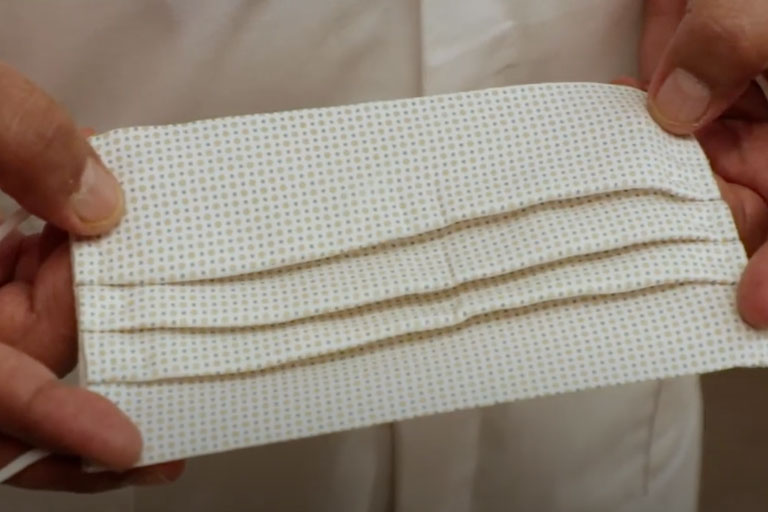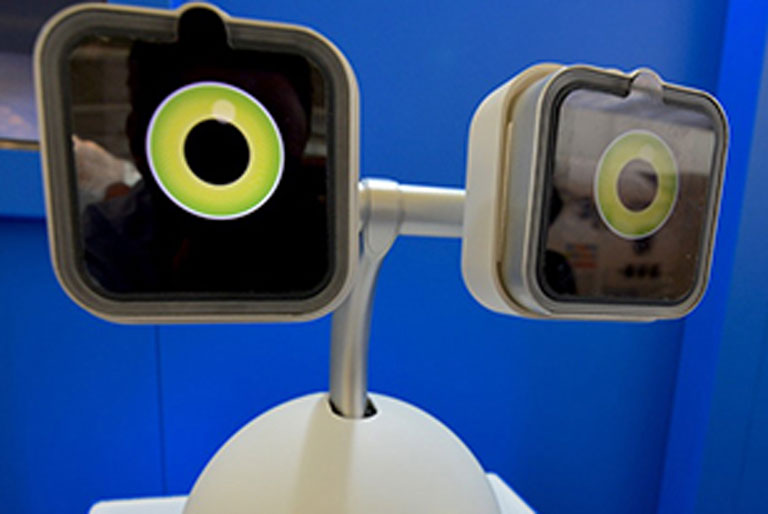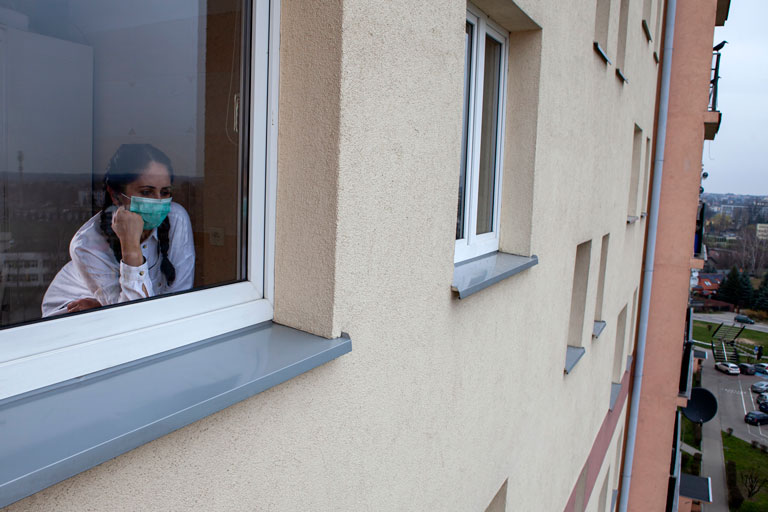A message from Vice Presidents James Wimbush and Fred Cate:
Universities are built on the promise that research is critical to progress. At IU, we see the transformational changes created by research every day. Nowhere has this been clearer than in the case of COVID-19, where IU researchers have made dramatic advances in testing, vaccine development, COVID-killing masks, and other health innovations; understanding and mitigating the impact of COVID-19 on the young, the elderly, the poor, and diverse racial groups; evaluating the effectiveness of executive orders, quarantine restrictions, and public safety communications; and bringing the arts and humanities, folklore and culture to homebound Hoosiers.
But our state and our nation are seized by another pandemic, one much older and more pernicious than COVID-19—the pandemic of racial discrimination, inequality, and injustice. More research is critically needed to understand this pandemic and to equip us all to fight it in every aspect of our lives and our society.
That is why earlier this week our offices jointly announced the creation of Indiana University’s Racial Justice Research Fund. The fund will provide grants of up to $15,000 each to help IU faculty imagine and execute innovative research to understand the conditions that generate racial inequalities, develop and assess tools for fighting those inequalities, and achieve greater racial equity and justice.
IU is already home to outstanding leaders in these fields in our Department of African American and African Diaspora Studies, Center for Research on Race and Ethnicity in Society, Black Film Center/Archive, and many other units. The fund is intended to provide additional support for these colleagues’ research while inviting participation from colleagues in any field or discipline across the university.
In addition to financial support, the fund will also connect funded researchers with the university’s Foundation Relations, Business Partnerships, and Research Development teams to help the investigators secure external funding for race-related research, and host an on-going Racial Justice Research Workshop series to connect researchers working on racial equity and justice issues and to engage other members of the university family and of the broader communities in which we live.
While the fund will support a broad range of work, we are especially encouraging applications from black investigators or that involve black graduate students or partnerships with black colleagues in other universities, industry, government, or not-for-profit organizations.
The Racial Justice Research Fund follows an approach similar to that used to provide rapid, strategic funding for research addressing the COVID-19 pandemic. Racial injustice is no less of a pandemic in our society and the Racial Justice Research Fund is designed to support research necessary to achieving real and lasting racial justice in our community and across our state and nation.
More information is available online and applications may be submitted using IU's internal funding portal.
James C. Wimbush
Vice President for Diversity, Equity, and Multicultural Affairs
Dean of The University Graduate School and Johnson Chair for Diversity and Leadership
Fred H. Cate
Vice President for Research Distinguished Professor and C. Ben Dutton Professor of Law







